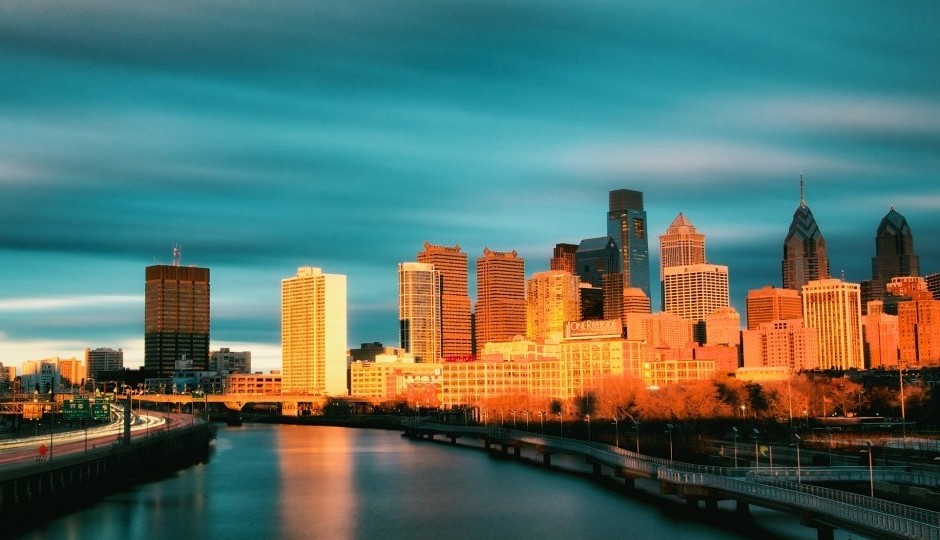Surprise! Philly’s Commercial Property Taxes Are Pretty Damn Low
Study after study and politician after politician have said that Philadelphia’s taxes are way too high. But a new report by the Lincoln Institute of Land Policy and the Minnesota Center for Fiscal Excellence shows that there is at least one exception to that rule.
It found that Philly has among the lowest taxes in the country for small-scale commercial and industrial properties.
Lincoln Institute rated the 2014 effective property tax rates of the country’s 50 largest cities from highest to lowest. Philadelphia ranks 47th — almost dead last — for the tax burden on commercial properties worth $100,000. It ranks 49th — even closer to dead last! — for the burden on industrial properties worth $100,000.
More costly commercial and industrial properties in Philly do not enjoy as comparatively low of a tax burden, but their taxes are still below average. For instance, Philly ranks 37th of the country’s 50 biggest cities for taxes on industrial properties worth $1 million. For commercial properties of the same price, it ranks 27th.
Meanwhile, Philly’s taxes on some residences are slightly above average, according to the study. The city ranks 20th for property taxes on homes worth $150,000; for taxes on homes worth $300,000, it ranks 23rd. However, it also ranks 35th for taxes on median-valued homes.
(A quick note: According to the report’s authors, the rankings take into account the effect of property tax relief programs “that are broadly applicable,” which would presumably include the city’s homestead exemption. However, the report did not consider income-based tax relief, such as the city’s LOOP program.)
Why are Philadelphia’s rankings better for commercial and industrial buildings than for homes? It might have to do with a little thing called the “uniformity clause.” The provision in the Pennsylvania constitution requires cities such as Philadelphia to tax property — no matter if it’s residential, commercial or industrial — at the exact same rate.
If not for that law, Philly would likely join some other cities in taxing commercial buildings at a higher rate than homes, and its rankings would be much different.
Also, there is evidence that Philly may under-assess land, which could impact its rankings. The report’s authors say that their effective tax rates were calculated “by including the effects of all statutory provisions as well as the the effects of local assessment practices.”
There is a proposal afoot to change the state constitution so that Philadelphia can tax businesses at a different rate than homes. And — this may sound surprising — local business groups actually support it. Known as the “Levy-Sweeney plan,” the idea is to shift the city’s tax burden away from wage and business taxes and onto commercial property taxes. It is named for Center City District CEO Paul Levy and Brandywine Realty Trust CEO Jerry Sweeney, the proposal’s two biggest cheerleaders.
If you’re wondering why this switcheroo is appealing to businesses, you should read this thorough analysis of the proposal.
Despite the support of groups such as the African American and Hispanic Chambers of Commerce, though, it is unlikely that Harrisburg will sign off on a change to the state constitution anytime soon. Republicans like the uniformity clause, and Republicans control the General Assembly.
But this study, at least, shows that Philadelphia has room to raise taxes on commercial and industrial buildings while remaining competitive with other big cities.
